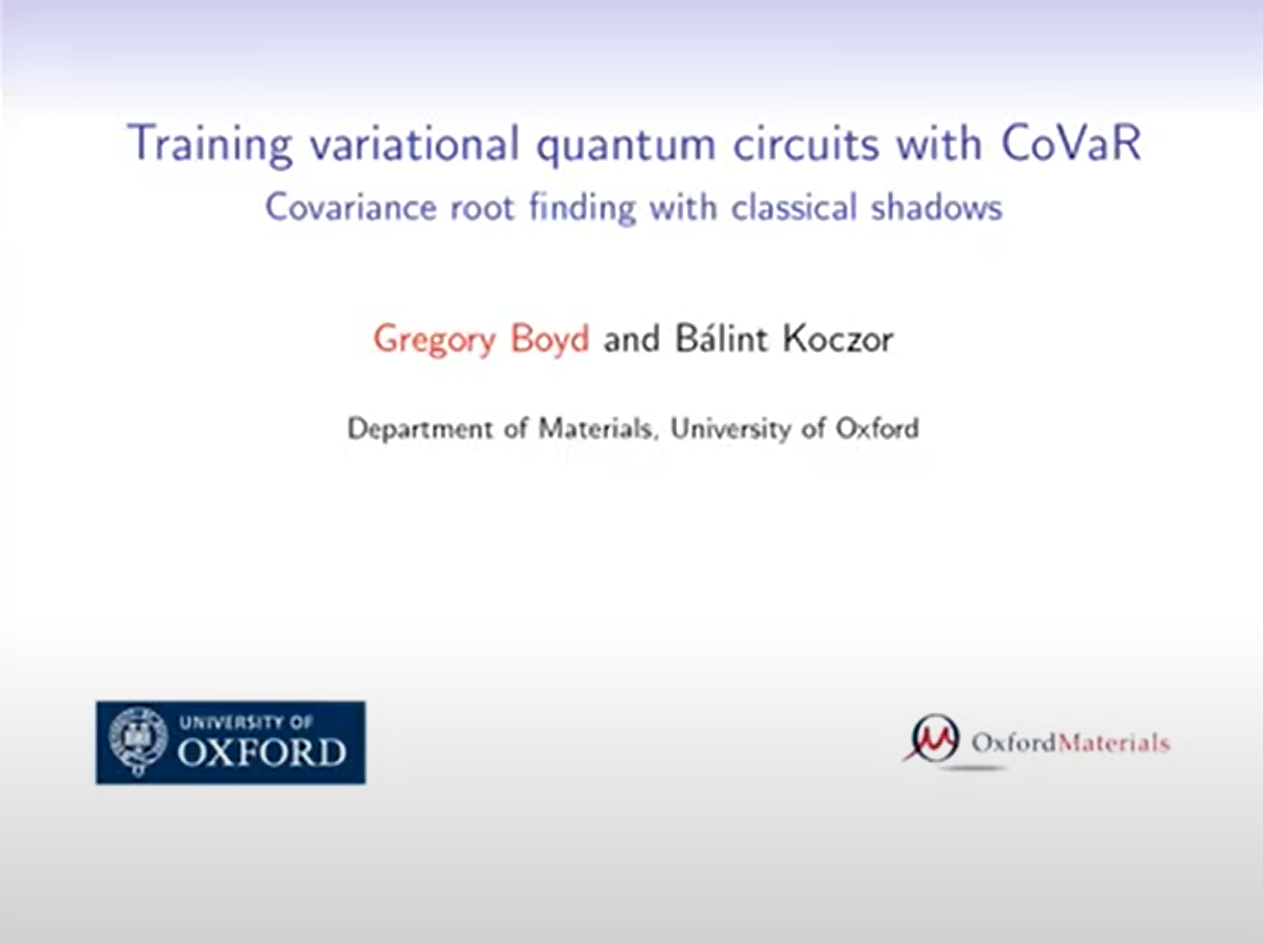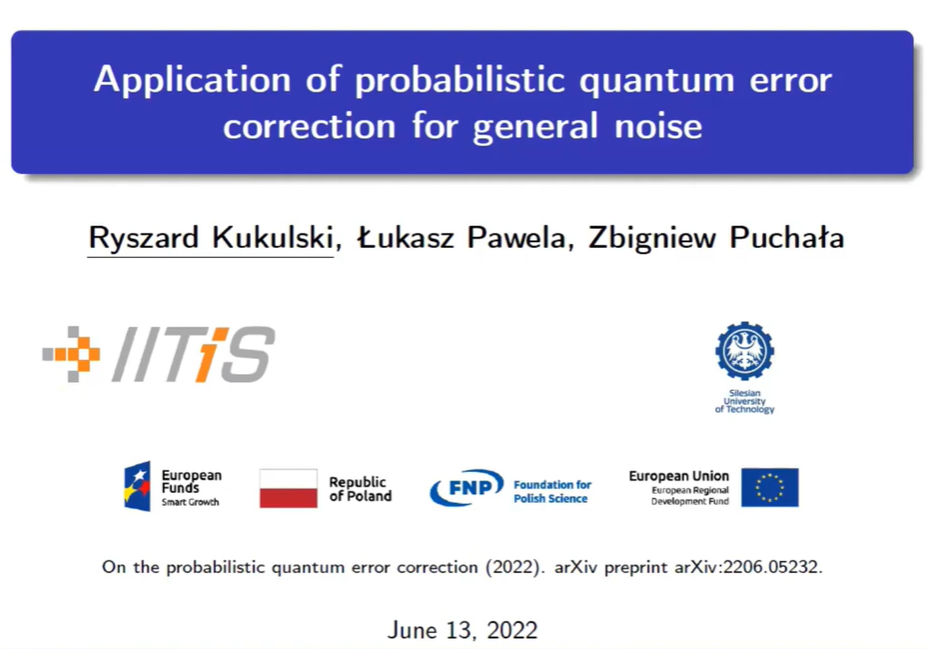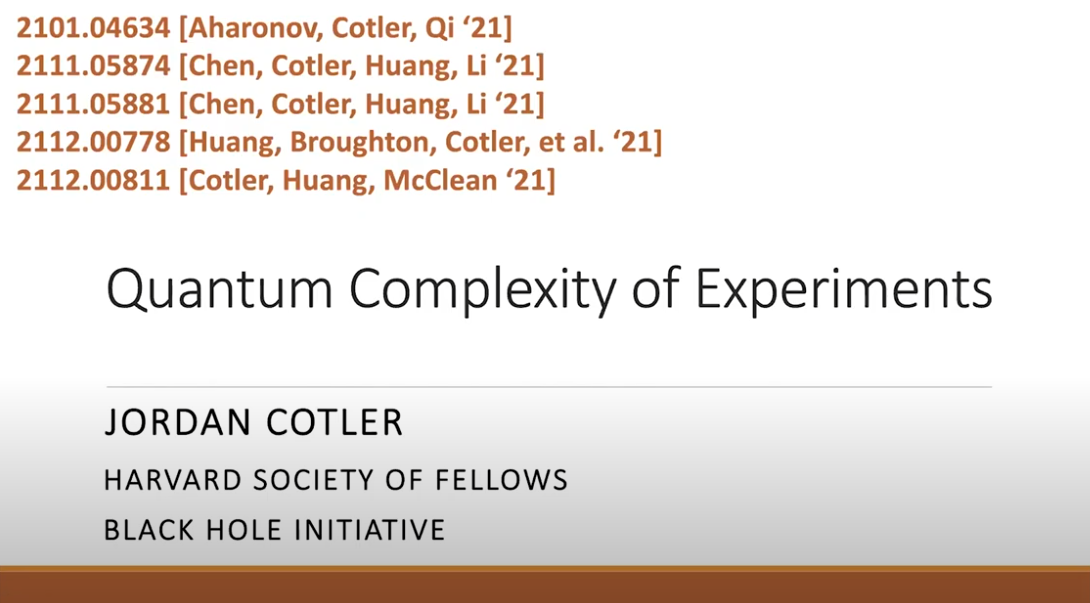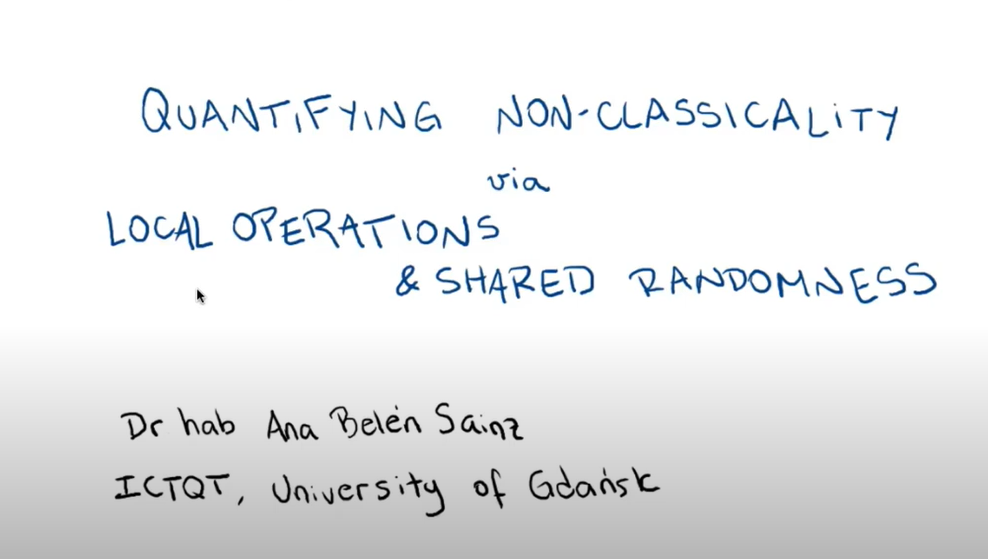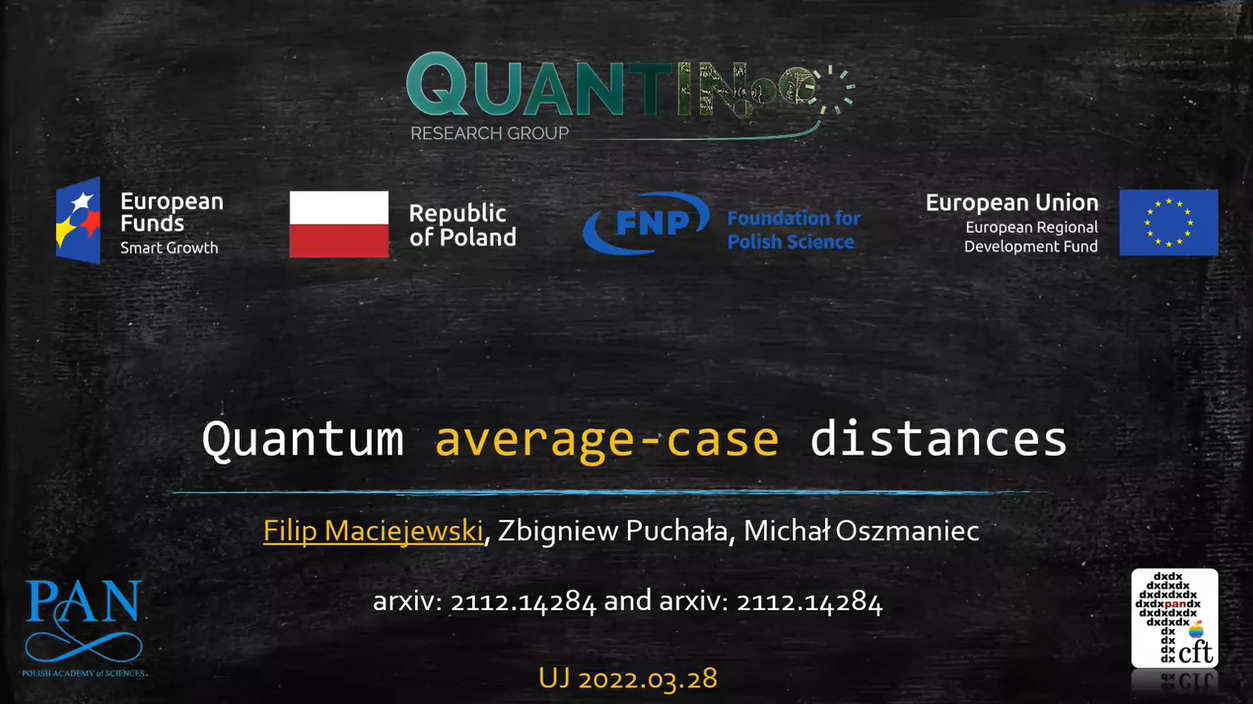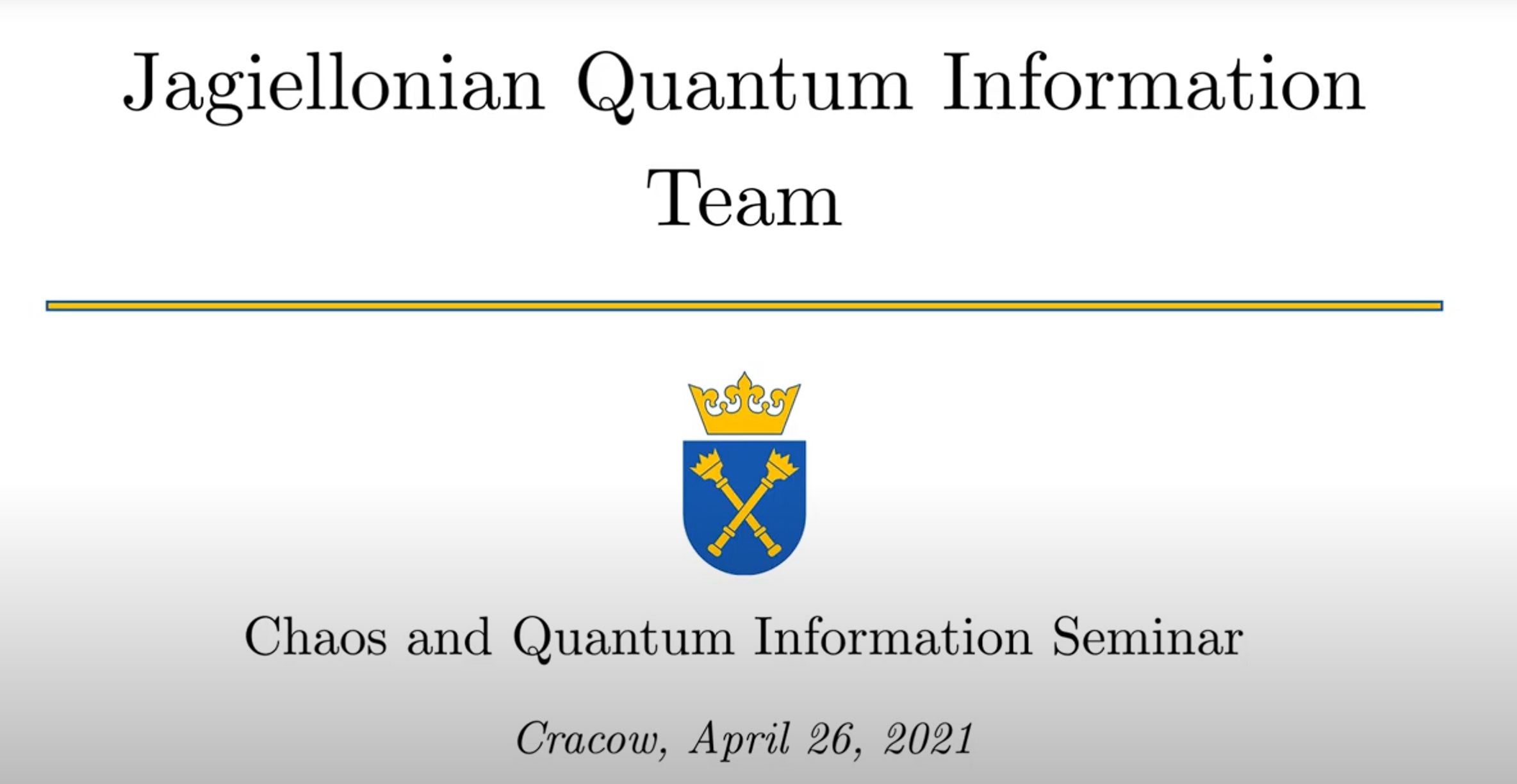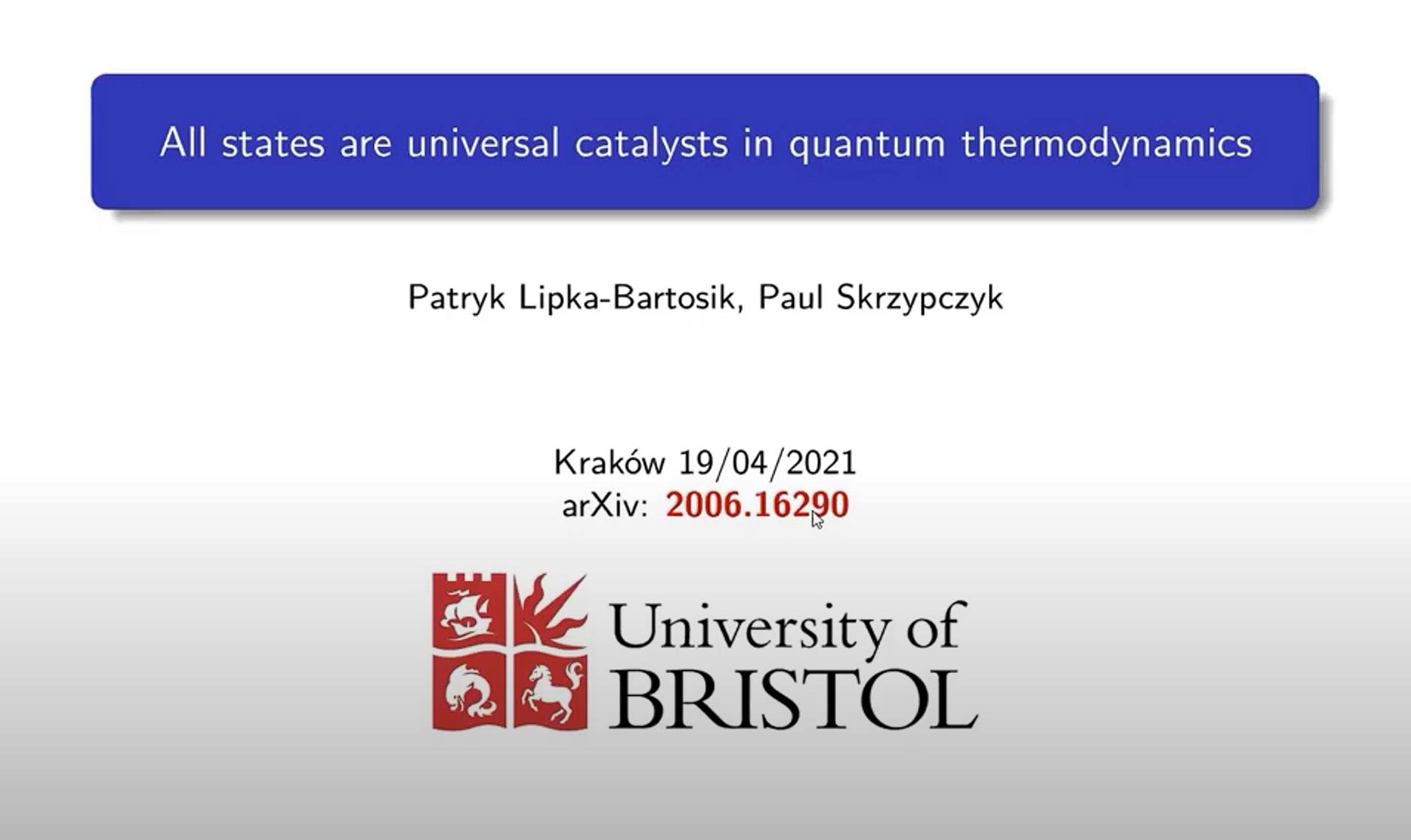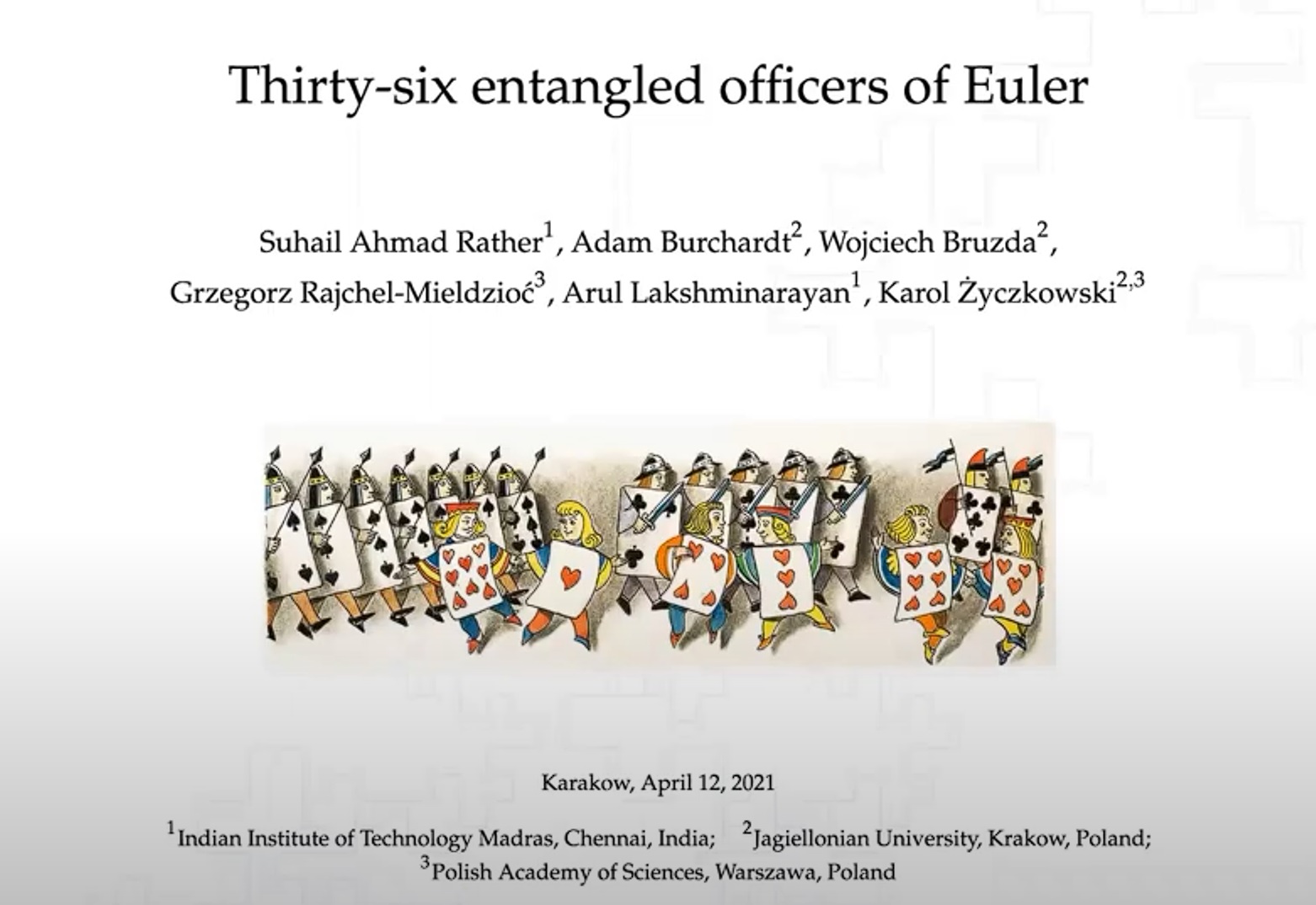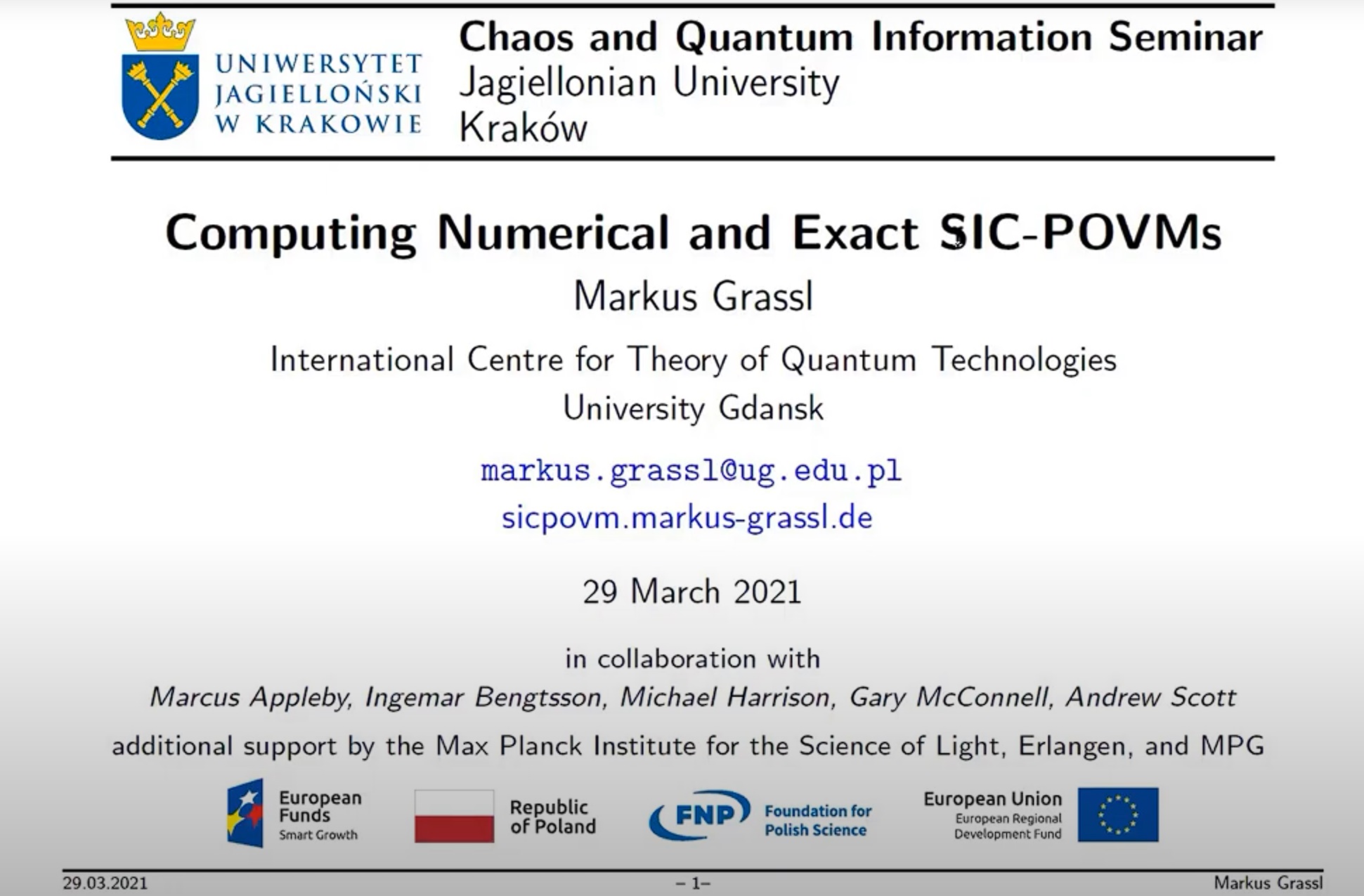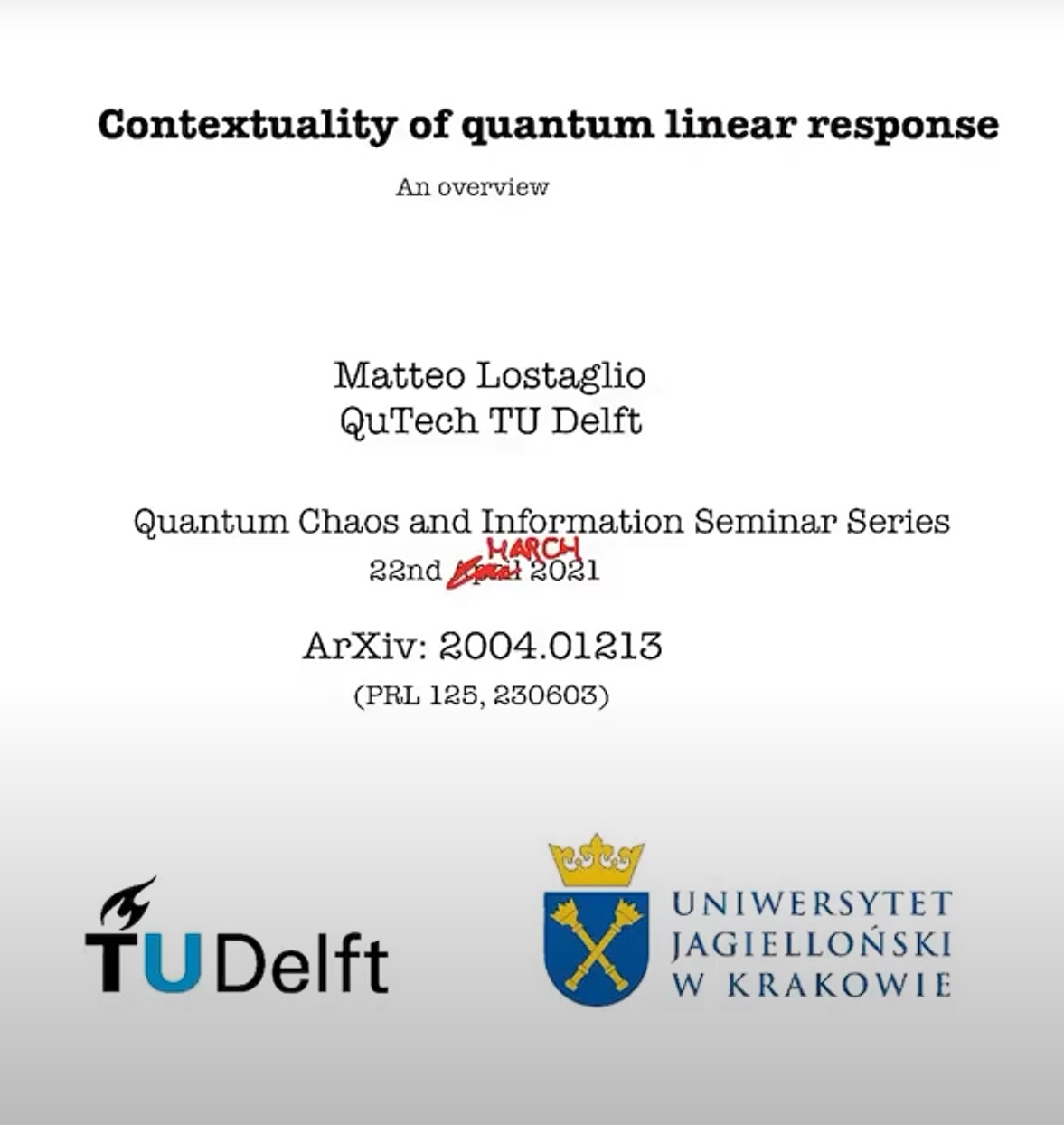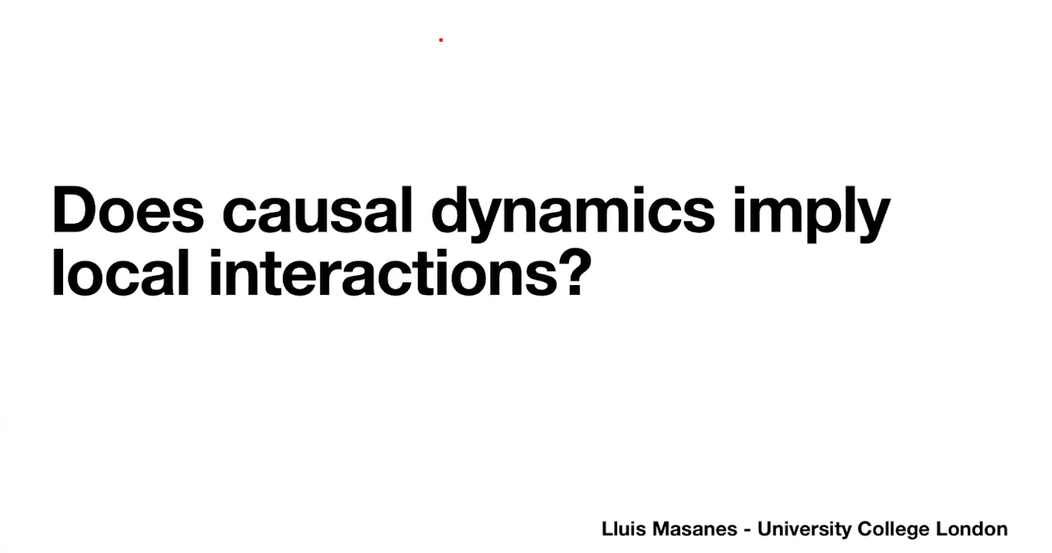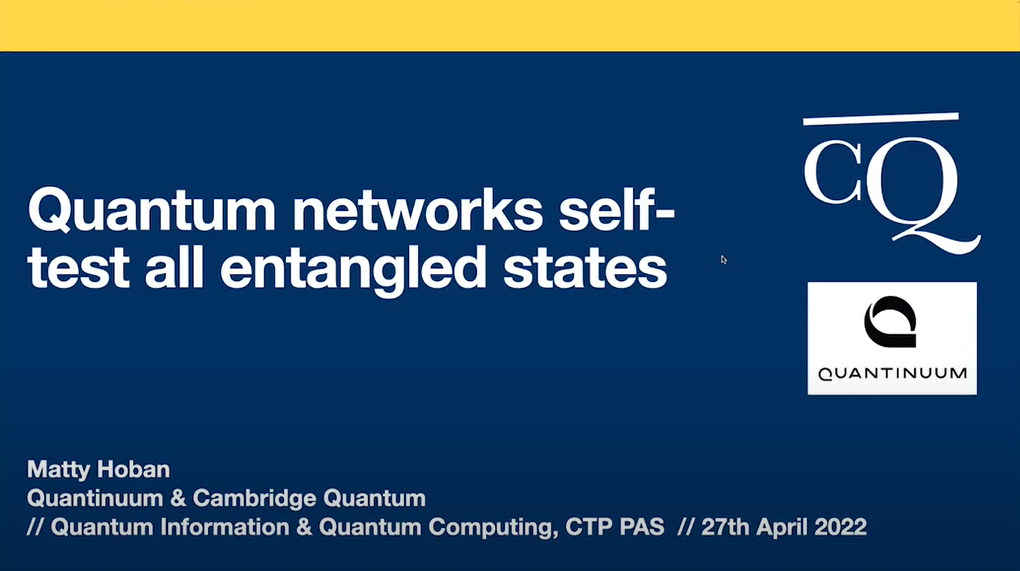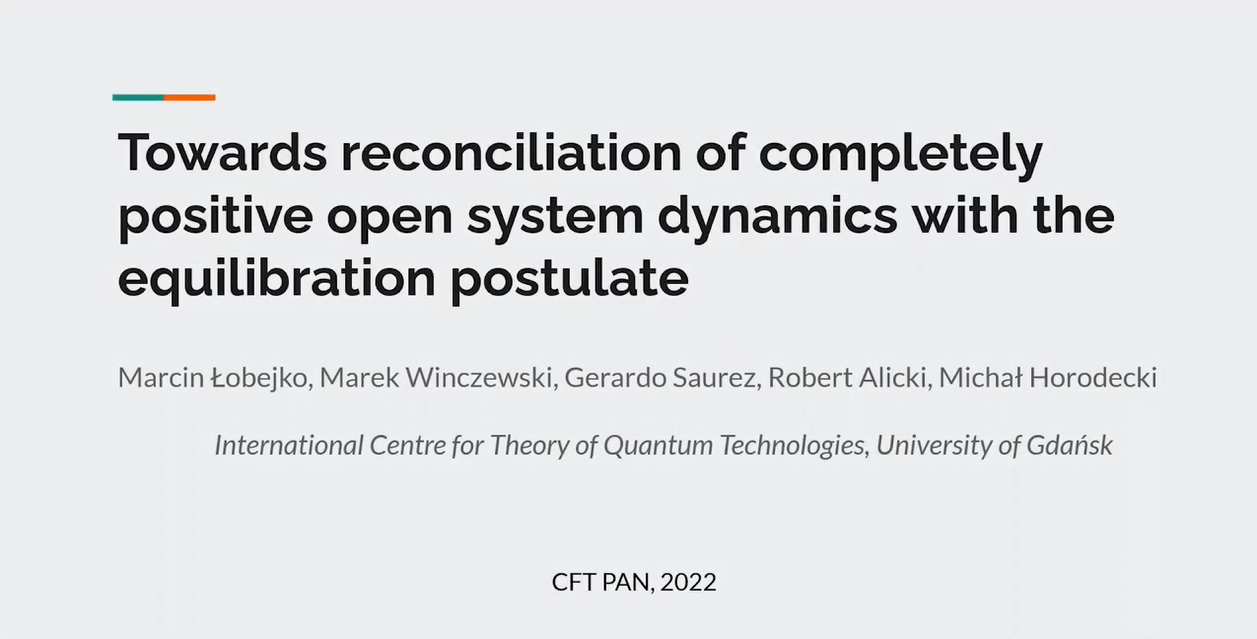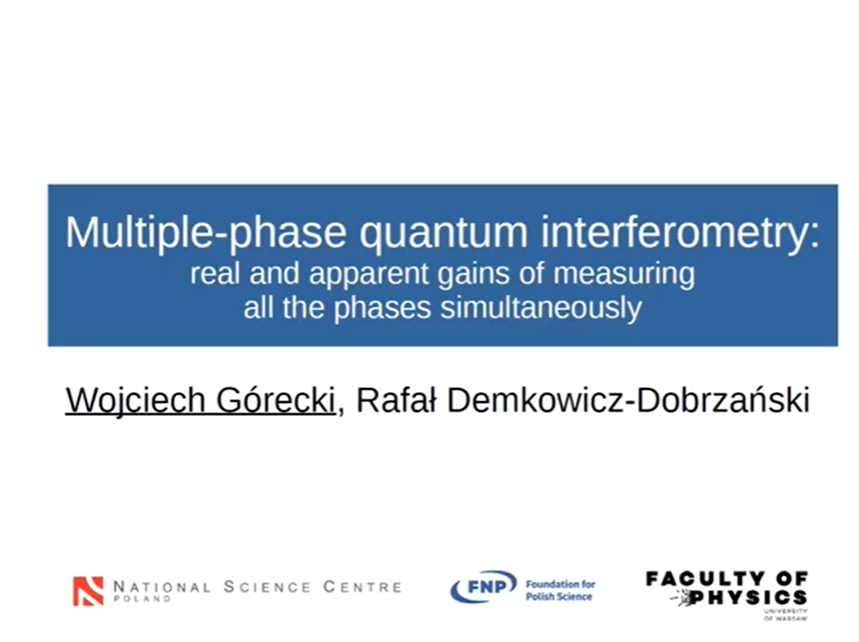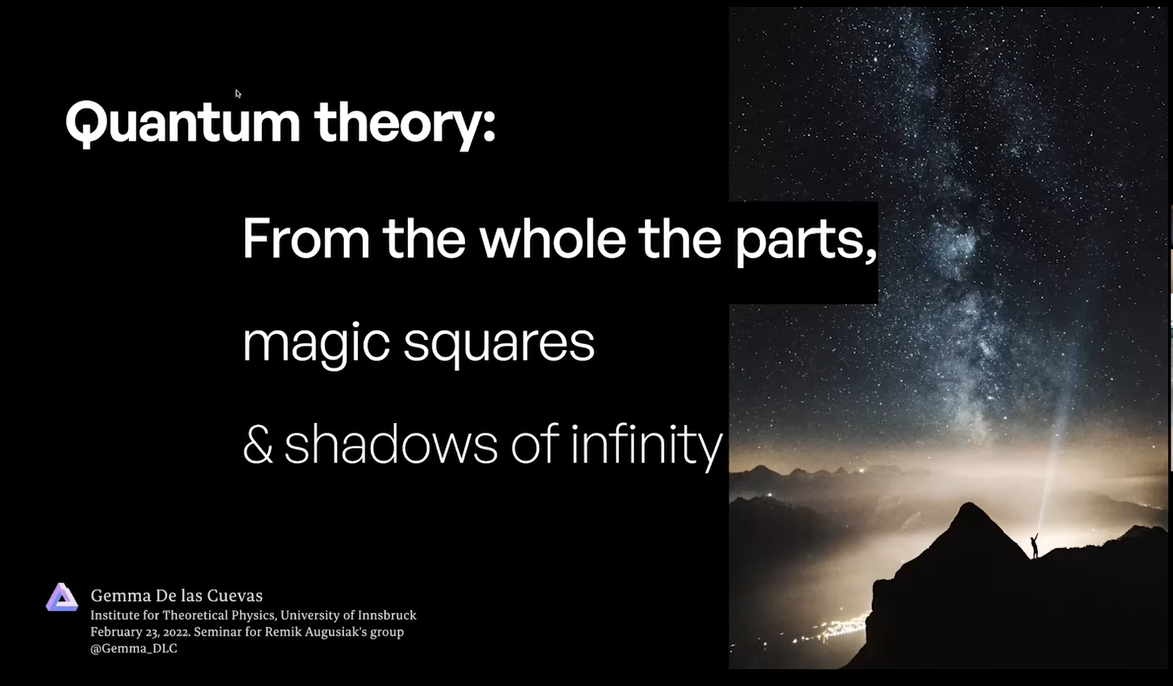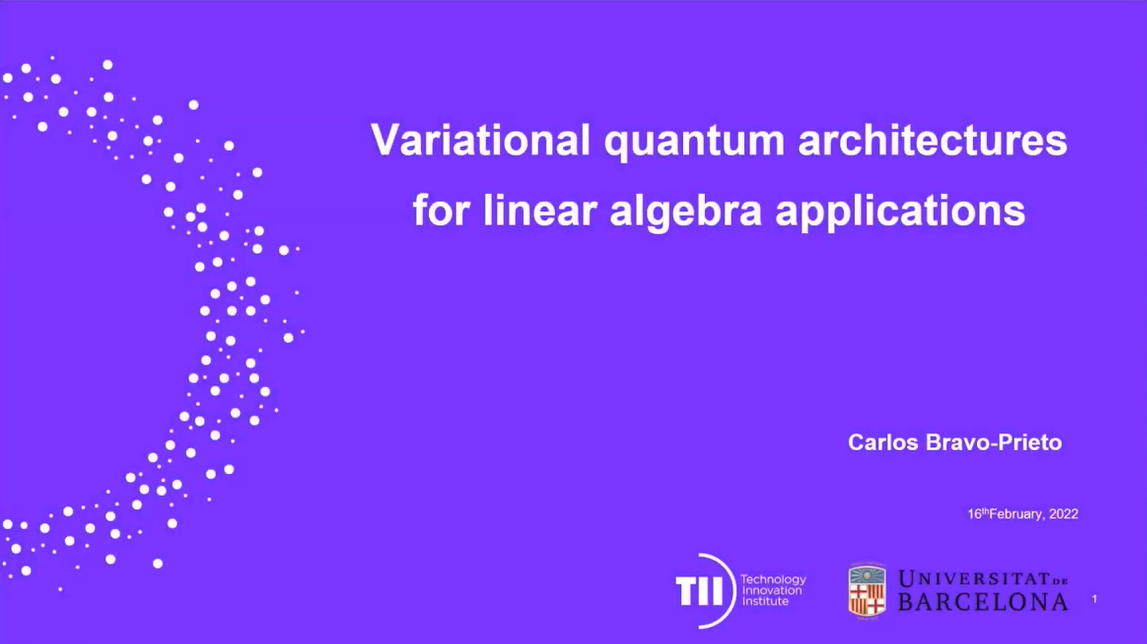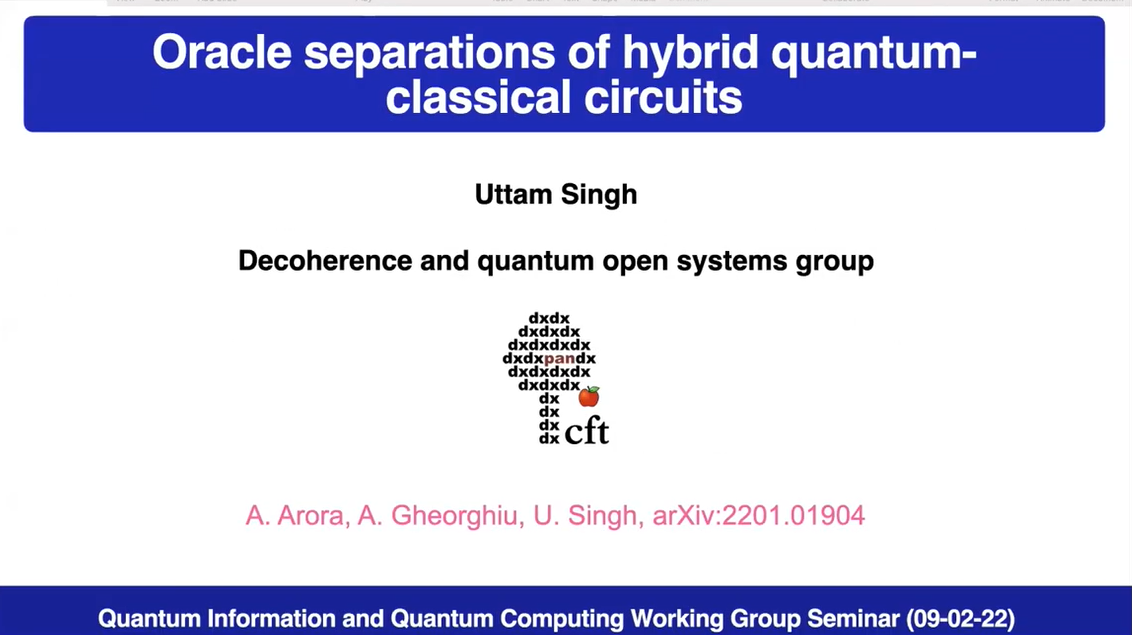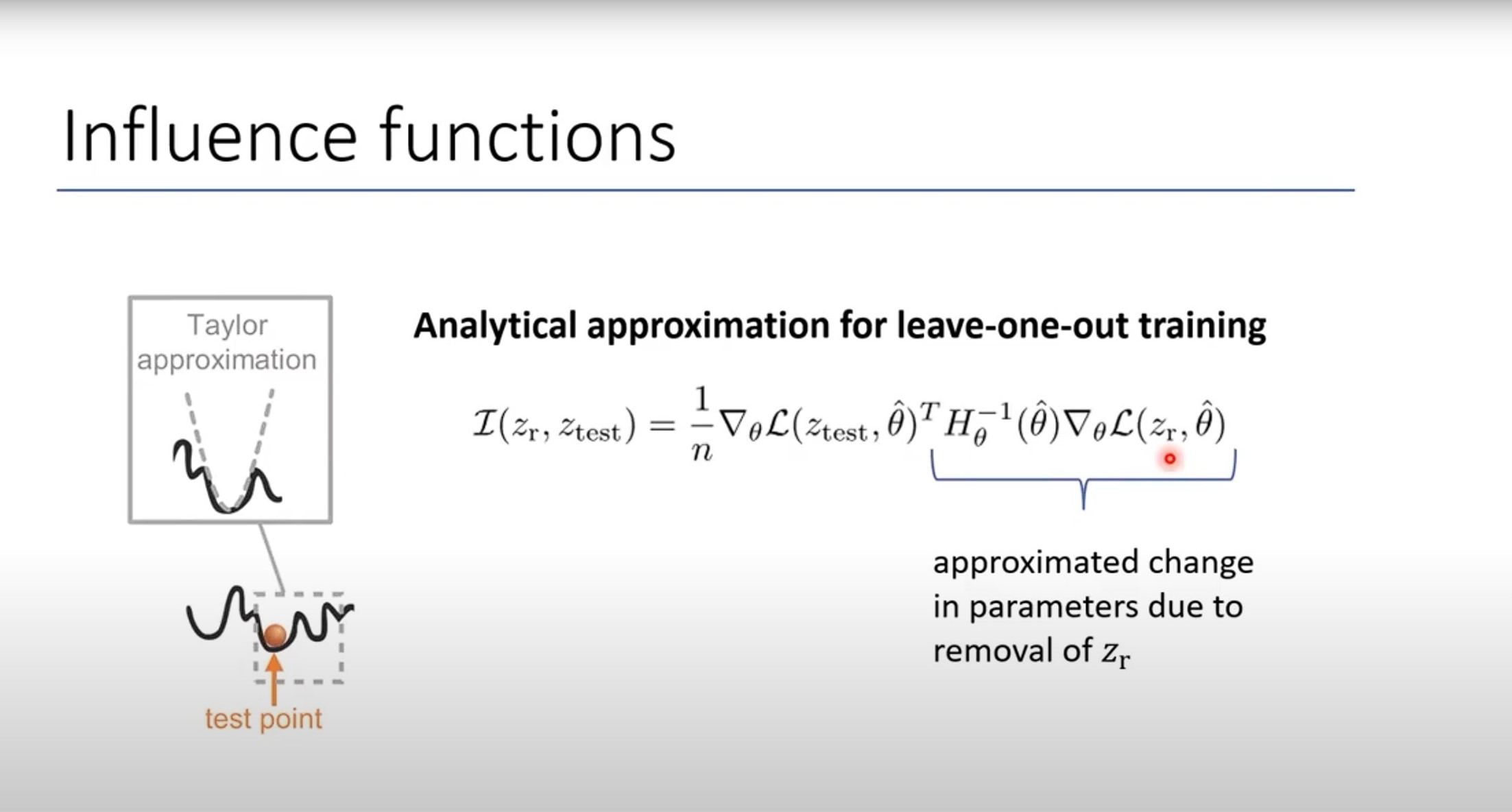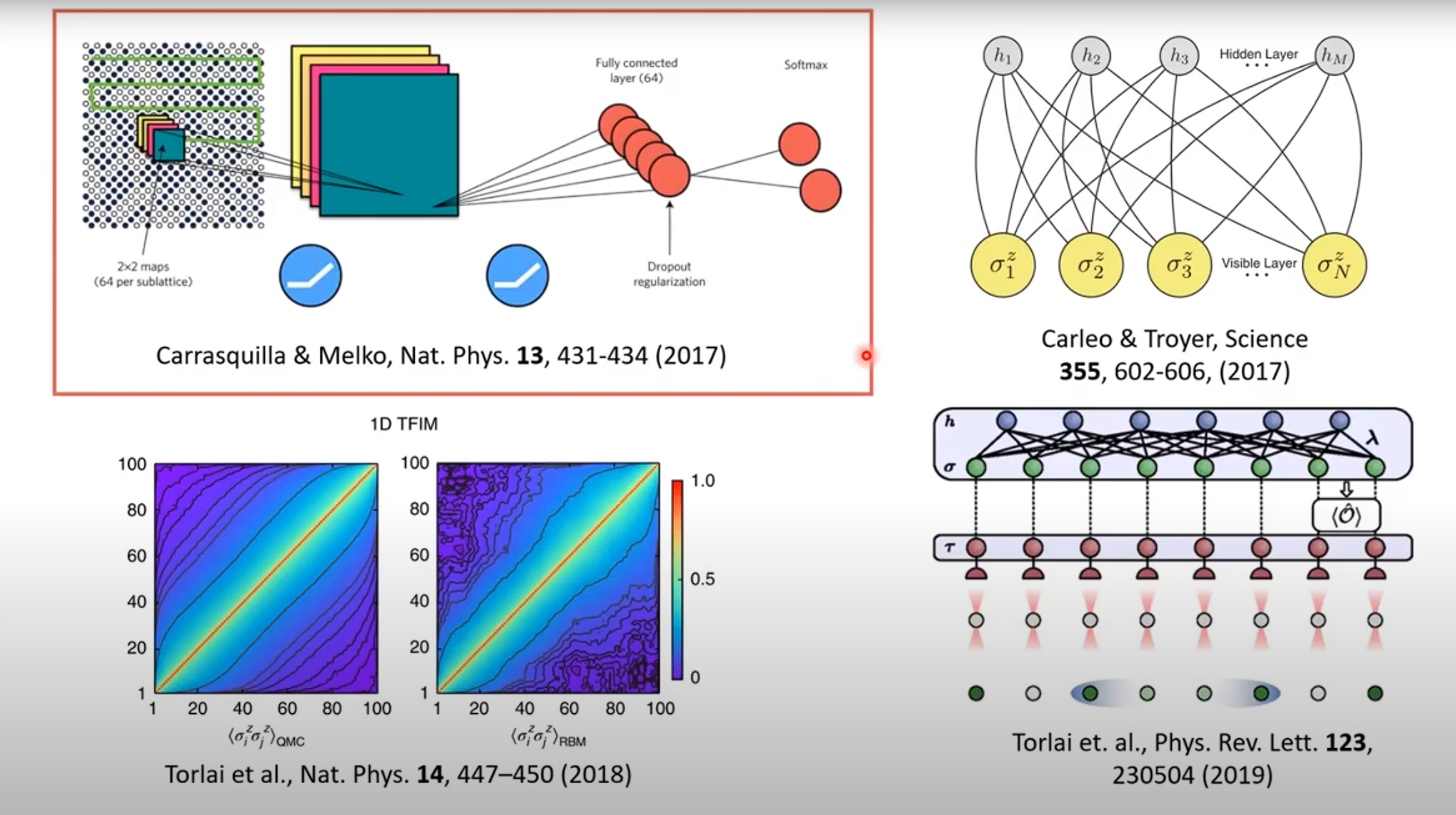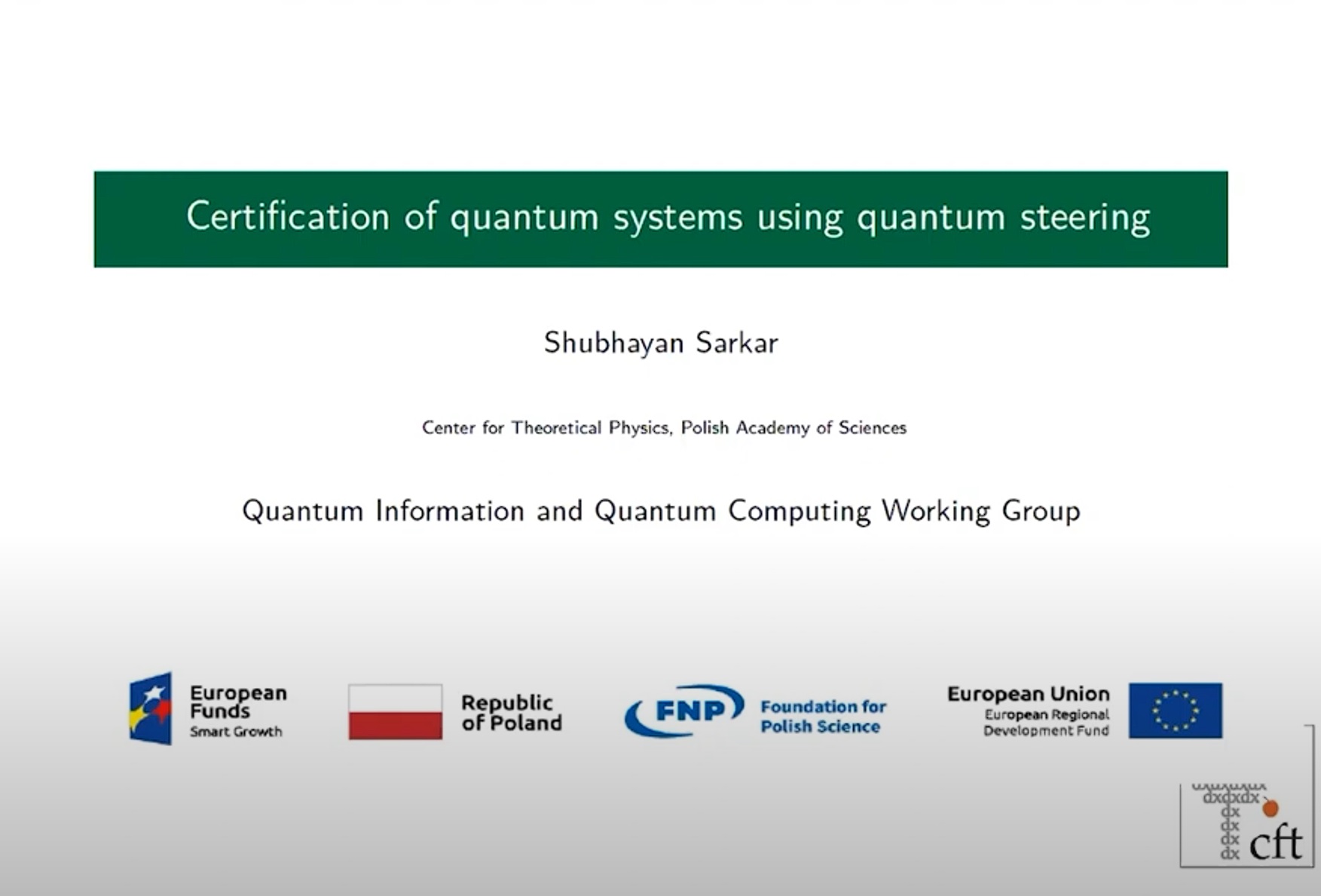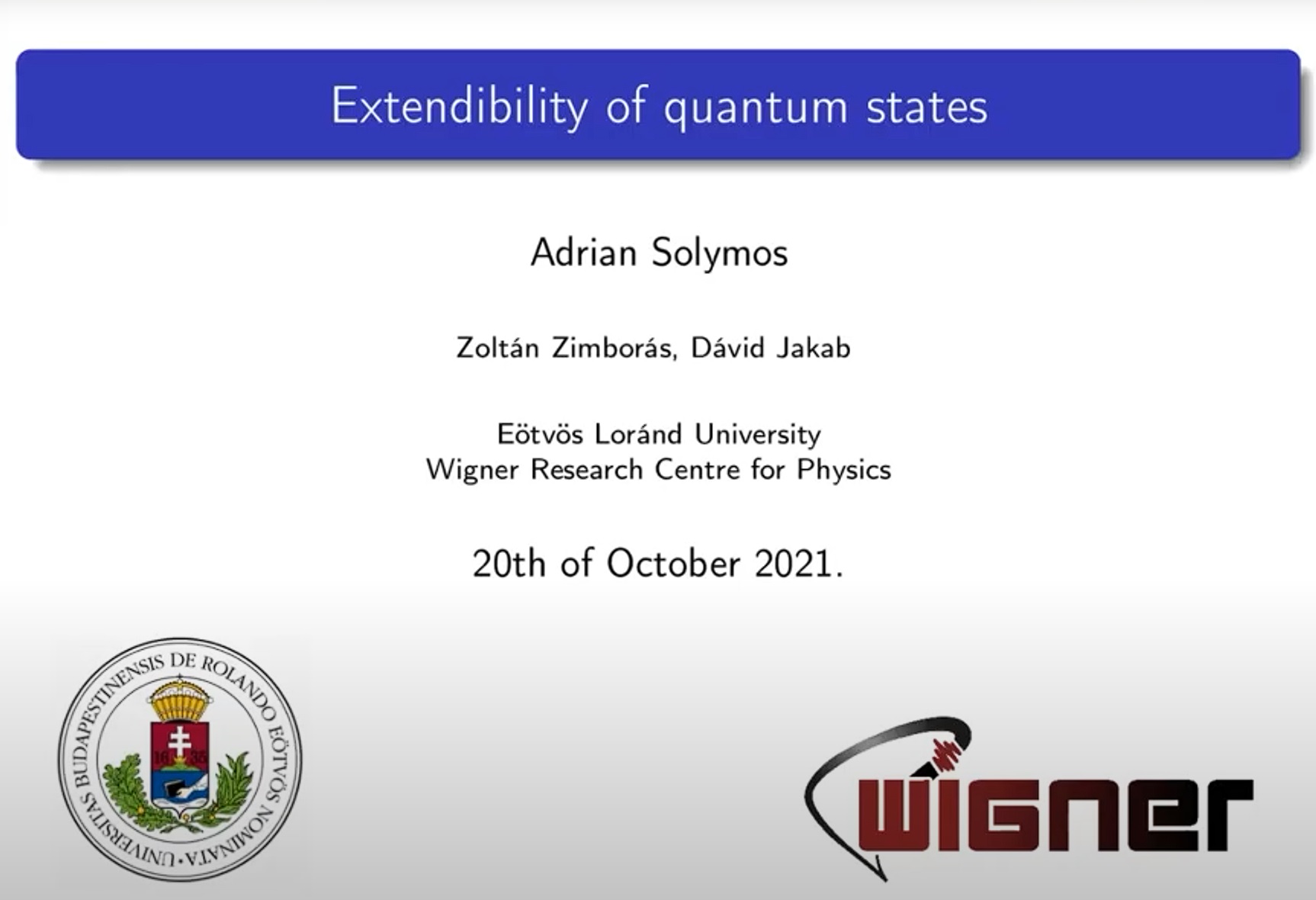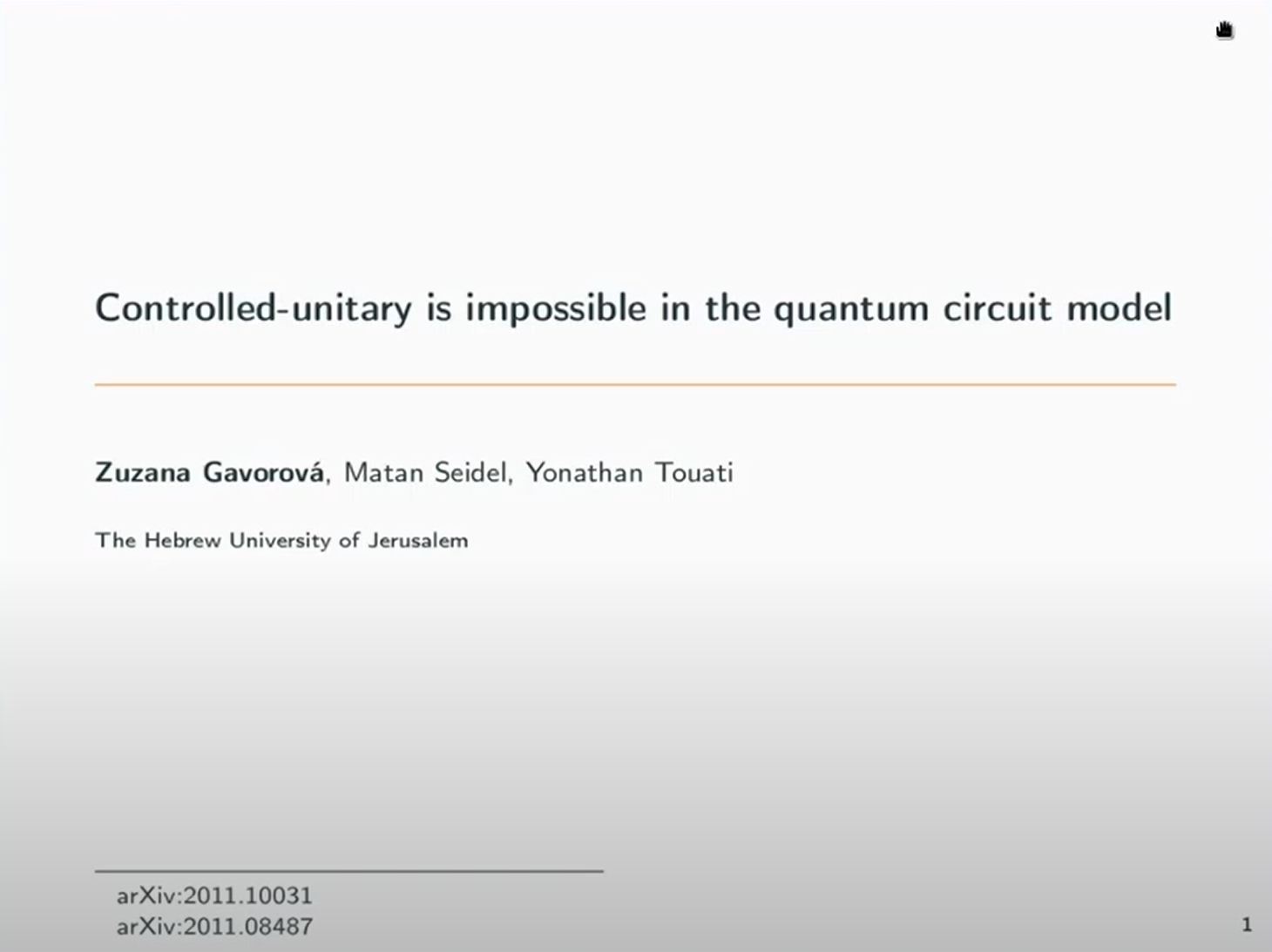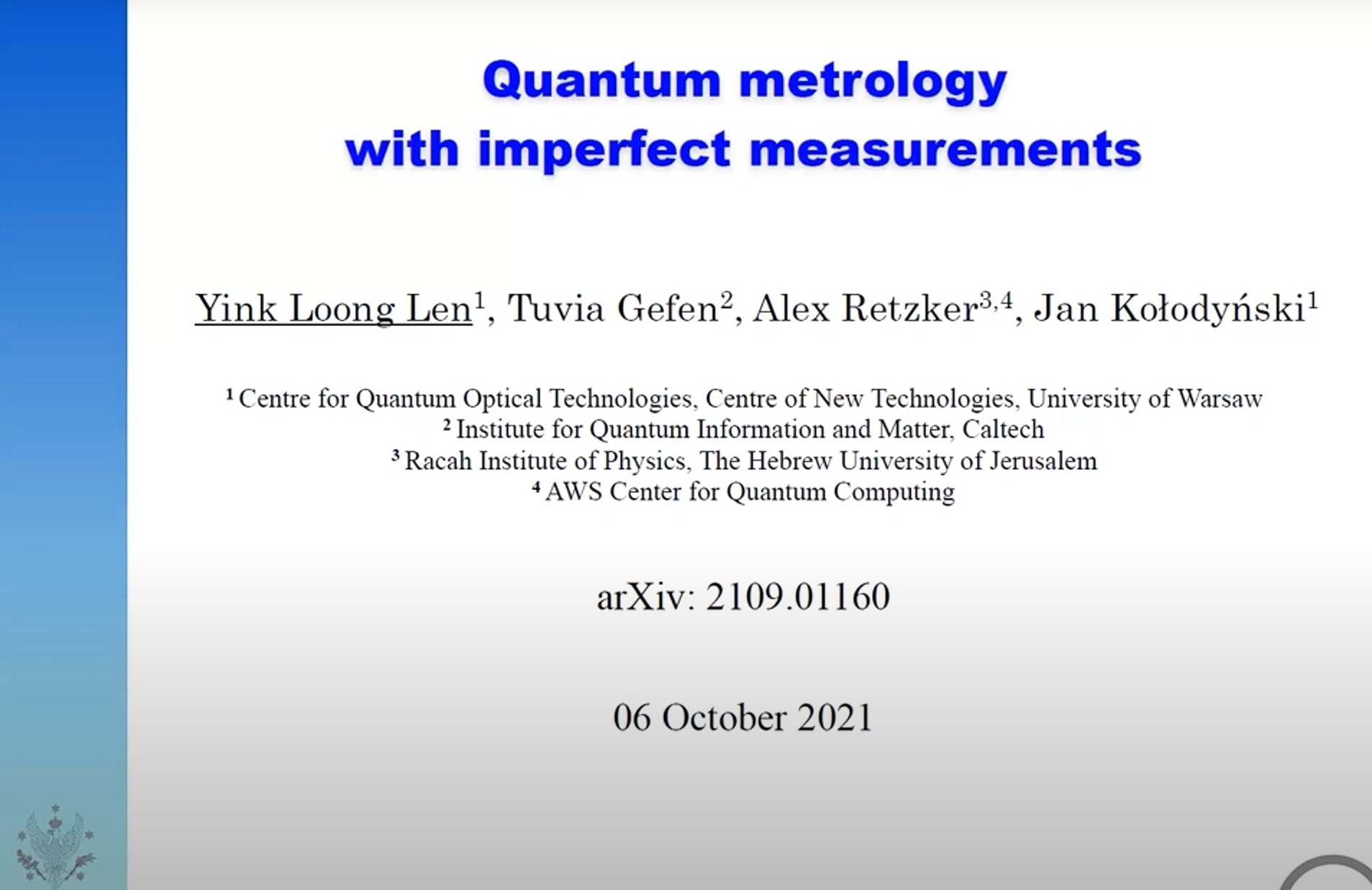Laurens Ligthart (University of Cologne): A convergent inflation hierarchy for quantum causal structures
Quantum Information and Quantum Computing Seminars CTP PAS 2021-12-01
A causal structure is a description of the functional dependencies between random variables. A distribution is compatible with a given causal structure if it can be realized by a process respecting these dependencies. Deciding whether a distribution is compatible with a structure is a practically and fundamentally relevant, yet very difficult problem. Only recently has a general class of algorithms been proposed: These so-called inflation techniques associate to any causal structure a hierarchy of increasingly strict compatibility tests, where each test can be formulated as a computationally efficient convex optimization problem. Remarkably, it has been shown that in the classical case, this hierarchy is complete in the sense that each non-compatible distribution will be detected at some level of the hierarchy. An inflation hierarchy has also been formulated for causal structures that allow for the observed classical random variables to arise from measurements on quantum states - however, no proof of completeness of this quantum inflation hierarchy has been supplied. In this presentation, I will talk about causal structures and the inflation technique and our recent paper (arxiv:2110.14659) in which we construct a first version of the quantum inflation hierarchy that is provably convergent. It takes an additional parameter, r, which can be interpreted as an upper bound on the Schmidt rank of the observables involved. For each r, it provides a family of increasingly strict and ultimately complete compatibility tests for correlations that are compatible with a given causal structure under this Schmidt rank constraint. From a technical point of view, convergence proofs are built on de Finetti Theorems, which show that certain symmetries (which can be imposed in convex optimization problems) imply independence of random variables (which is not directly a convex constraint). A main technical ingredient to our proof is a Quantum de Finetti Theorem that holds for general tensor products of C*-algebras, generalizing previous work that was restricted to minimal tensor products.
Other seminars

Giulio Chiribella (University of Hong Kong): Optimal programming of quantum gates - Duplicate27-06-2022
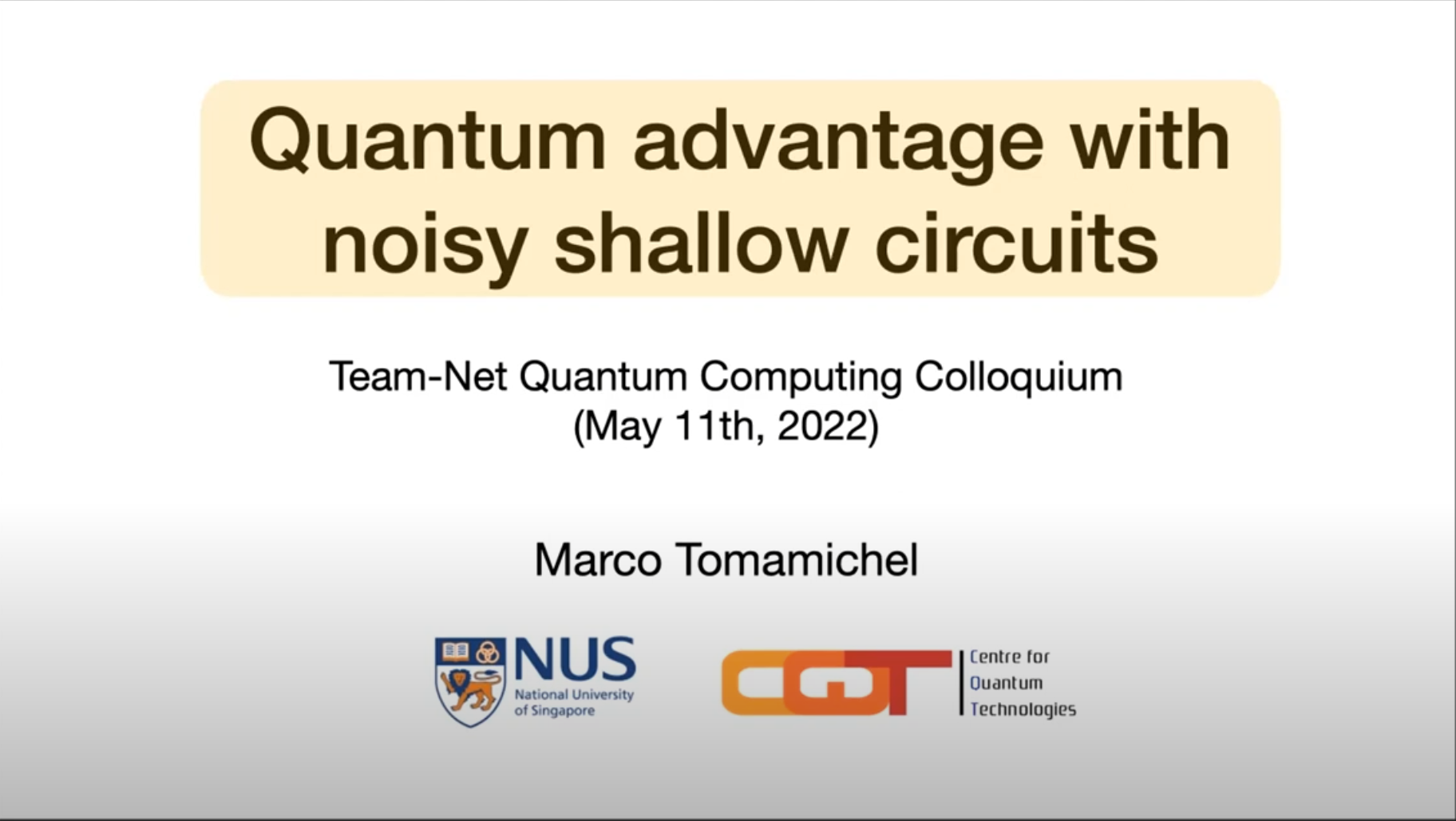
Marco Tomamichel (National University of Singapore): Quantum advantage with noisy shallow circuits17-05-2022
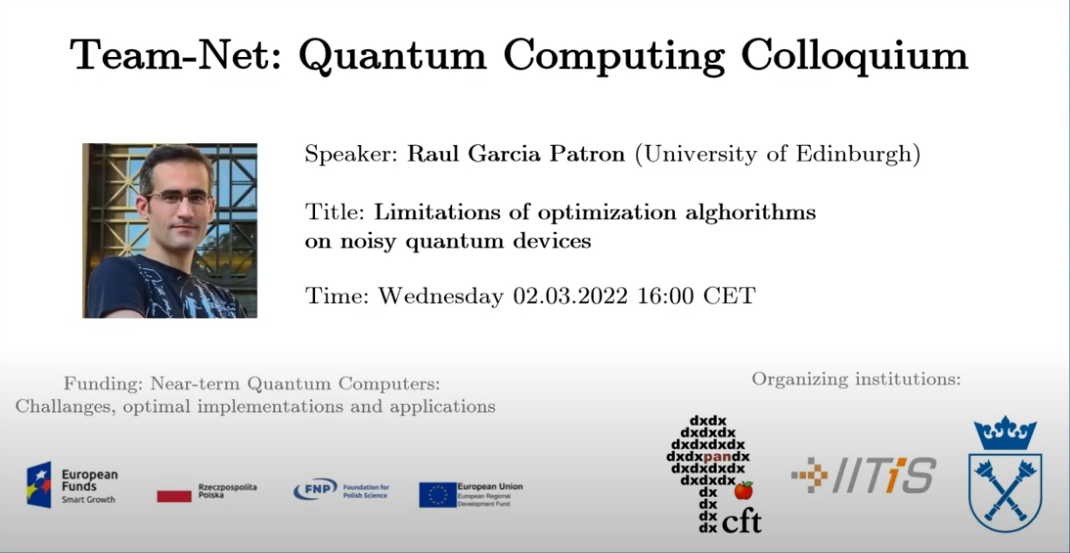
R. Patron (University of Edinburgh): Limitations of optimization algorithms on noisy quantum devices02-03-2022
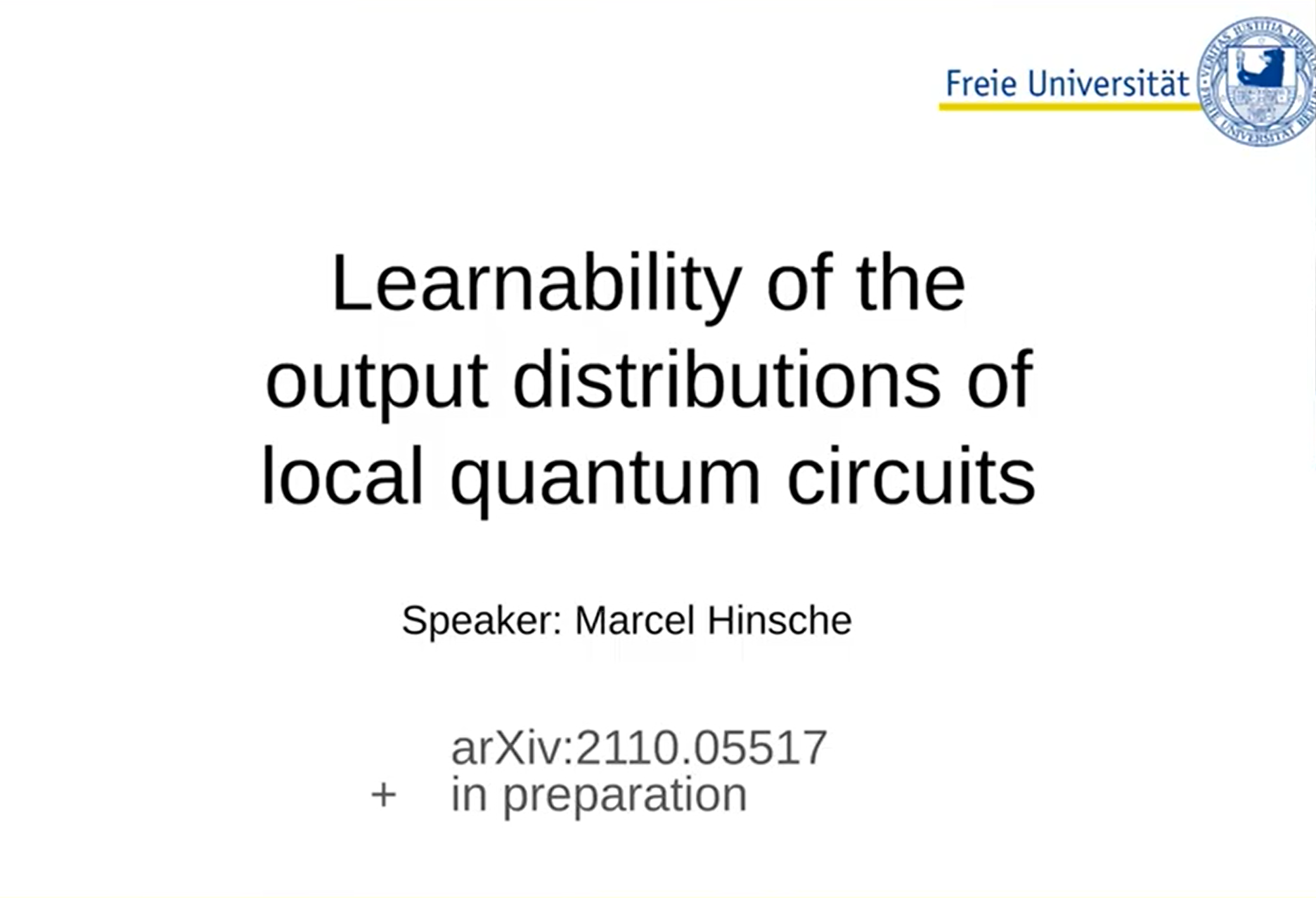
Marcel Hinsche (FU Berlin): Learnability of the output distributions of local quantum circuits25.05.2022
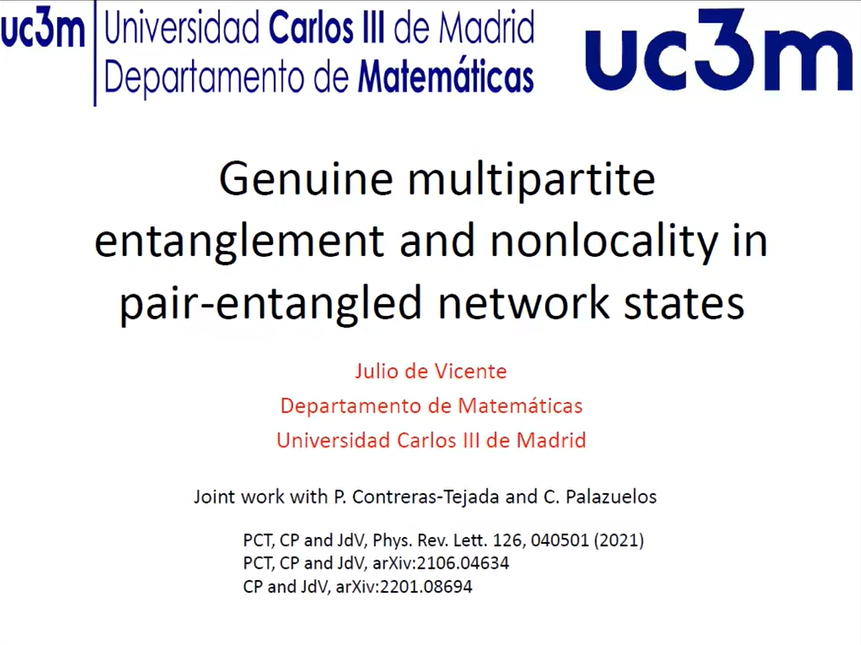
Julio de Vicente: Genuine multipartite entanglement and nonlocality in pair-entangled network states20.04.2022
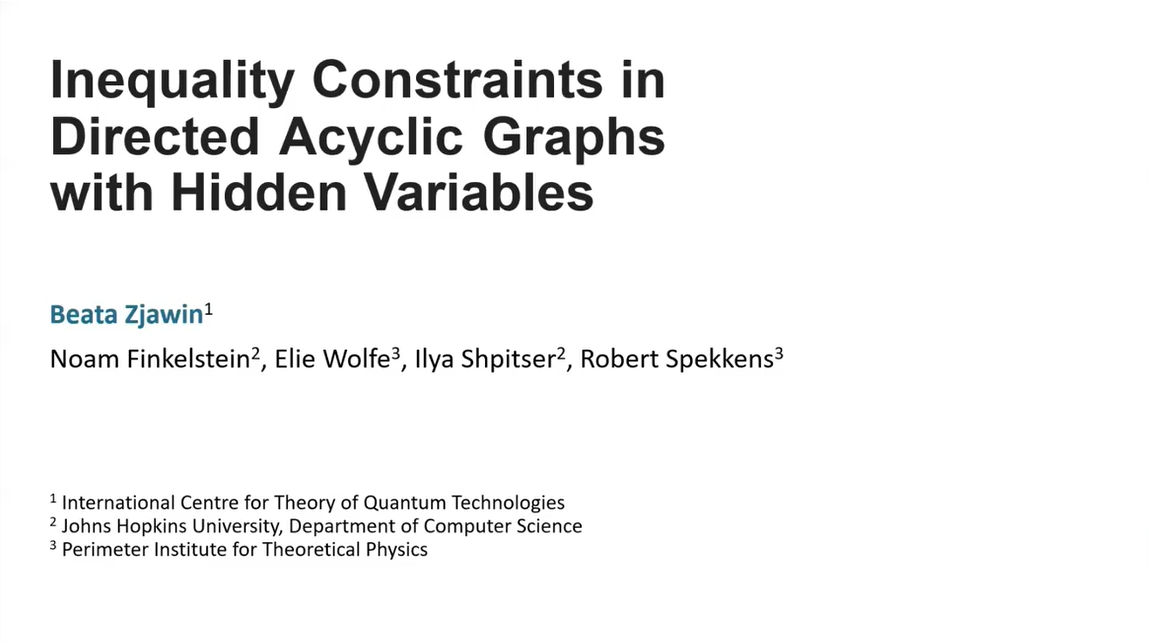
Beata Zjawin (ICTQT): Inequality Constraints in Directed Acyclic Graphs with Hidden Variables02.02.2022
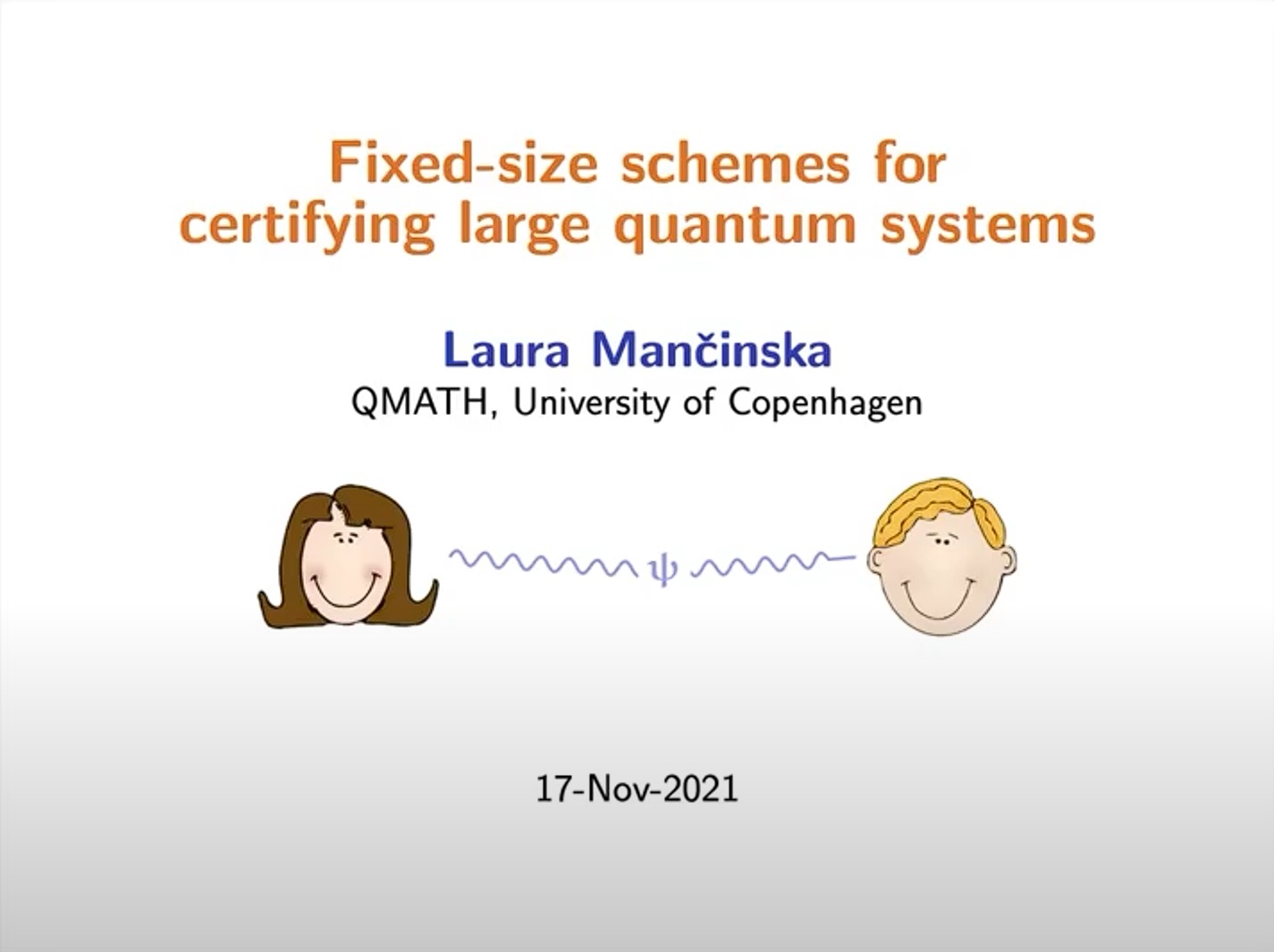
Laura Mancinska (QMATH, Copenhagen): Fixed-size schemes for certification of large quantum systems17-11-2021
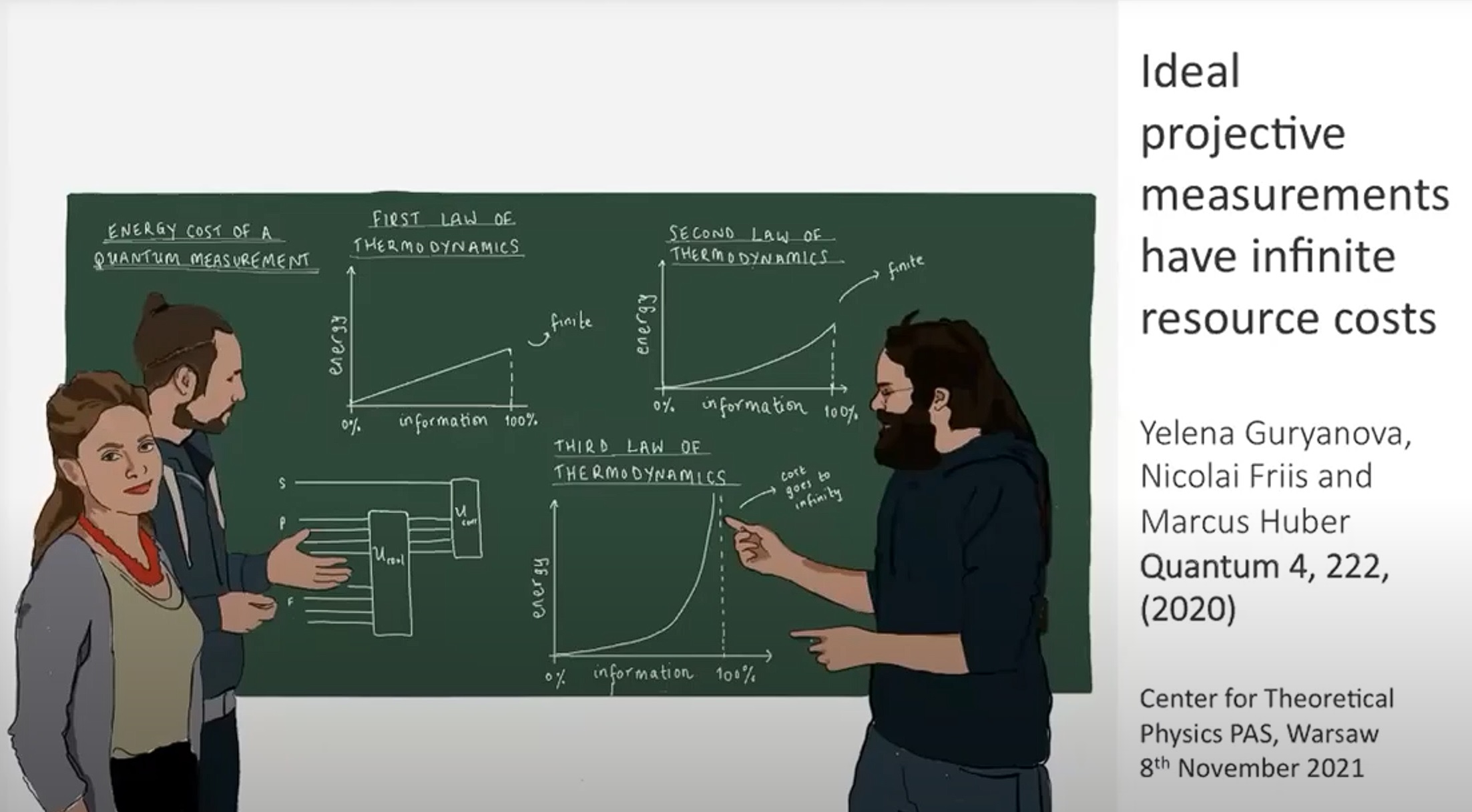
Yelena Guyanova (IQOQI, Vienna): Ideal Projective Measurements Have Infinite Resource Costs10-11-2021
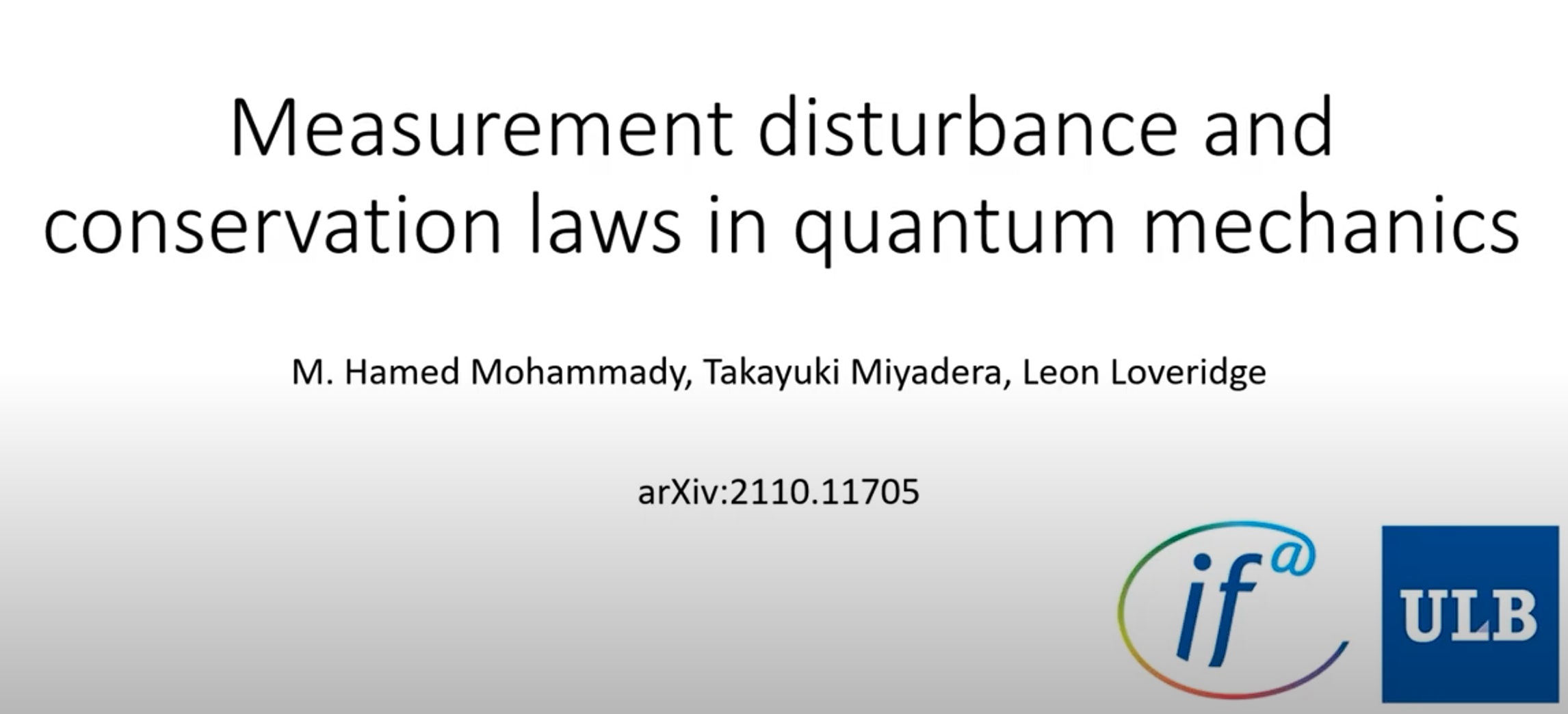
Hamed Mohammady (ULdB): Measurement disturbance and conservation laws in quantum mechanics03-11-2021
